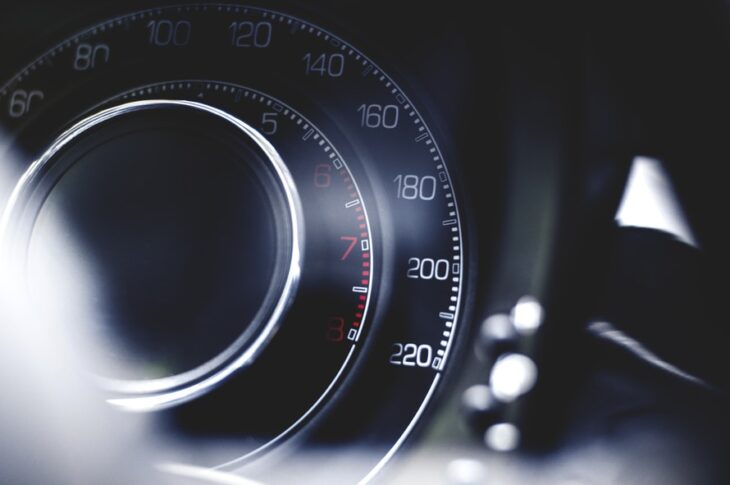It is no longer beyond everyone’s imagination to see a self-driving car running on the street. Self-driving cars, also called the autonomous car, has been in a testing period for a few years. It was popularized by Google Car, followed by Tesla’s Autopilot version.
Although the autonomous car is still in its infancy, there an active move to improve and develop a fully automated version. One good example of this is the collaboration between the two top self-driving car companies Mobileye and Delphi Automotive.
Who are these companies?
Mobileye and Delphi are not automakers themselves. They are suppliers. Both companies are engaged in developing and manufacturing technological systems that automakers can install in their vehicles.
Both companies are not new to the automotive industry. Mobileye used to work with Tesla for its Autopilot version. Delphi, on the other hand, existed out of the old part division of General Motors. Currently, Delphi is working with the government of Singapore to develop a fleet of driverless taxis.
What is the goal of this partnership?
The partnership between Mobileye and Delphi aims to achieve a goal shifting from driver-assisted technology to a full automated technology that does not need any human intervention. This means that both companies seek to upgrade from SAE level 4 to level 5. SAE level 4 still needs a human driver, but it controls most of the driving tasks. On the other hand, SAE level 5 is a platform that does not need a human driver.
Both companies are now developing a product that contains all features and technology for which each of these two companies are known for. They call this product the “Central Sensing Localization and Planning” (CLSP). In this way, automakers will simply buy and install this product to their fleet of vehicles.
Amnon Shashua, chairman of Mobileye, said, “Our partnership with Delphi will accelerate the time to market and enable customers to adopt Level 4/5 automation without the need for huge capital investments, thereby creating a formidable advantage for them.”
Meanwhile, Kevin Clark, CEO of Delphi Automotive said, “This partnership will allow us to give our customers an increased level of automated capabilities faster and more cost effectively. The collective expertise of our two organizations will accelerate the creation of new approaches and capabilities that would likely not have been possible working alone. This is a win-win for both companies and our customers.”
The demonstration of an early version of this product will be done by January at the 2017 International CES; the annual consumer electronics show, in Las Vegas. The two companies added that production would take place in 2019.
What is the impact of this partnership?
The collaboration between these two companies will surely bring a great impact to the auto industry. Self-driving is not a joke and a concept that should be taken seriously as we march forward into the future. Technology seems to be set on fast forward as consumers are aware of the news thanks to worldwide ISP.
Almost all car makers today are serious about shifting to autonomous cars in the long run. According to Forbes, “the first vehicles available on the market with the Delphi-Mobileye system should be in production in the 2021-22 timeframe.”
Ford Motors, on the other hand, is developing its own self-driving car. Although Mobileye and Delphi can no longer count on Ford as a prospective customer, the effect of developing the autonomous car is not any more far from being a fantasy.
What will the future bring?
Mobileye and Delphi are now currently developing the CLSP according to their projected goals in the future. So far, everything remains positive in this process as they are mapping out a new line of success in the automotive industry. Even with this new line of autonomous cars there is still need of insurance as not everyone will be in one of these vehicles. Reasonable policy costs will still need to be taken consideration in the future as well. Which features would you like to see in the new line of autonomous cars?


